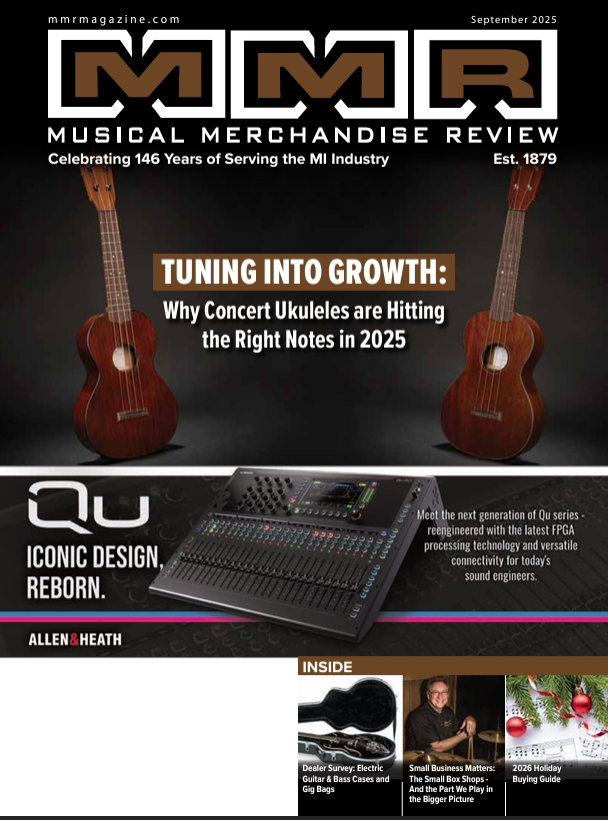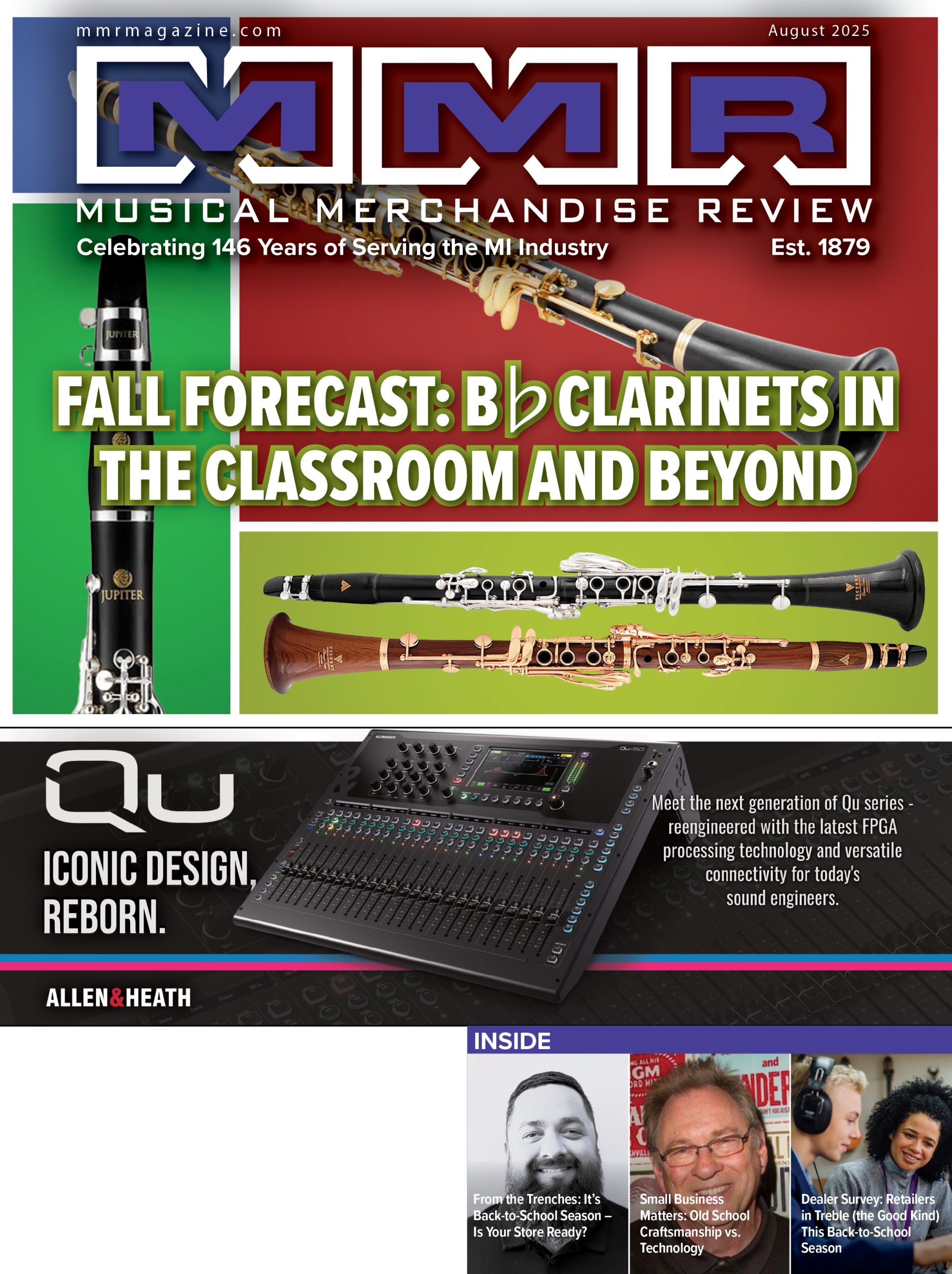
Going strictly by the numbers, the 2016 40th Anniversary Convention, held in St. Louis April 27-30, might seem to have been something of a mixed bag.
 The total number of attendees was up – 190, compared to 161 in 2015 – but total exhibiting companies was somewhat down – 35 in 2016, 50 last year. There were 31 first-time attendees, though, and overall the mood seemed decidedly upbeat.
The total number of attendees was up – 190, compared to 161 in 2015 – but total exhibiting companies was somewhat down – 35 in 2016, 50 last year. There were 31 first-time attendees, though, and overall the mood seemed decidedly upbeat.
Oren Teicher of the American Booksellers Association delivered the opening address with a session on the state of independent bookstores – which seems to be quite healthy, to the (pleasant) surprise of some.
Aside from the standard educational sessions providing convention-goers with valuable insight and strategies to maximize business  potential, there was plenty of “fun” to be had, as well: a tour of the St. Louis City Museum, a Trivial Pursuit Scavenger Hunt, and the annual awards banquet, among other things.
potential, there was plenty of “fun” to be had, as well: a tour of the St. Louis City Museum, a Trivial Pursuit Scavenger Hunt, and the annual awards banquet, among other things.
This year’s recipient of the prestigious Dorothy Award – the highest honor bestowed by RPMDA – was Eric Strouse of Stanton’s Sheet Music. Additionally, Senseney Music’s Lori Supine was honored with the 2016 Sandy Feldstein Service Award.
The gathering drew to a close with a panel discussion moderated by Denny Senseney – “A History of RPMDA” – which covered the organizations first four decades while also looking towards the future.
 The 2017 RPMDA Convention will take place in Atlanta, Georgia from April 26-29.
The 2017 RPMDA Convention will take place in Atlanta, Georgia from April 26-29.
Voices From the Show Floor
RPMDA was a great opportunity for us to meet face-to-face with many of our dealer friends, to learn about the state of our industry, and also to spend meaningful time with other print music publishers. This is a small industry and thank goodness we all seem to get along pretty well.
I was particularly interested in the address from the head of the American Booksellers Association, the trade  group representing independent book stores. The fact that independent book stores are seeing a resurgence in the face of competition from Amazon, which doesn’t pay significant rent or support local communities, is very encouraging for all of us. For music stores, I am convinced that with great customer service, in-depth knowledge and mix of items, and the unique personality of each store will keep customers coming back.
group representing independent book stores. The fact that independent book stores are seeing a resurgence in the face of competition from Amazon, which doesn’t pay significant rent or support local communities, is very encouraging for all of us. For music stores, I am convinced that with great customer service, in-depth knowledge and mix of items, and the unique personality of each store will keep customers coming back.
As a publisher, we need to communicate as best we can with our dealers… RPMDA is a great way for that to happen.
Alec Harris, GIA Publications
 Overall, I felt this year’s RPMDA convention was extremely productive. The location was great, the vibe was positive, and dealers and publishers are working closer now than ever before. Last year’s show was terrific, but having this show in a different area each year allows local music retailers to attend that haven’t attended before. We definitely saw that this year.
Overall, I felt this year’s RPMDA convention was extremely productive. The location was great, the vibe was positive, and dealers and publishers are working closer now than ever before. Last year’s show was terrific, but having this show in a different area each year allows local music retailers to attend that haven’t attended before. We definitely saw that this year.
One of many highlights was having the CEO of the American Booksellers Association, Oren Teicher, discuss the state of the independent bookstore. Although not specific to print music, it was very insightful to see that print in general is strong across the board.
 I left the convention feeling optimistic about the future of print. It’s great being able to connect with our retailers to help better understand challenges they are seeing as well as feedback on product development.
I left the convention feeling optimistic about the future of print. It’s great being able to connect with our retailers to help better understand challenges they are seeing as well as feedback on product development.
Ron Manus, Alfred Music
For me, personally, after spending my career to date (roughly 38 years) in the print music industry, it was great to  see a number of old friends that I would not run into as a general matter of course. Because Kendor Music is (almost) solely servicing school instrumental music programs with student level performance works for a variety of ensembles, most of the dealer attendees are not in a position to stock and promote for us in the way that they used to. So, I now have a great respect and appreciation for those “educational specialists” that continue to support Kendor Music in a way that they are able. I used to take it for granted that all retail print music dealers “needed” to stock our editions, but that certainly is no longer the case. I would say that in the past few years I have been sadly skeptical that RPMDA would survive, but was encouraged to see that in St. Louis there were a
see a number of old friends that I would not run into as a general matter of course. Because Kendor Music is (almost) solely servicing school instrumental music programs with student level performance works for a variety of ensembles, most of the dealer attendees are not in a position to stock and promote for us in the way that they used to. So, I now have a great respect and appreciation for those “educational specialists” that continue to support Kendor Music in a way that they are able. I used to take it for granted that all retail print music dealers “needed” to stock our editions, but that certainly is no longer the case. I would say that in the past few years I have been sadly skeptical that RPMDA would survive, but was encouraged to see that in St. Louis there were a  significant number of first-time attendees, and such positive energy from the board as well as all in attendance. I love the format of the convention and that we are able to spend so much time together as a group throughout. I believe that music and arts programs have suffered greatly during the years of All Children Left Behind (aka No Child Left Behind), but am hopeful that the new initiative of Every Student Succeeds Act will be a positive step. This should allow for better funding for music programs and generate better educational print sales. Our task is to make sure that our intellectual content is available in any way that the end user wishes to receive the data. So we do see an increase in downloadable print sales, but in no way see an end to physical editions. Print music will continue to be challenging and I plan on fighting the good fight for market share every day as I have.
significant number of first-time attendees, and such positive energy from the board as well as all in attendance. I love the format of the convention and that we are able to spend so much time together as a group throughout. I believe that music and arts programs have suffered greatly during the years of All Children Left Behind (aka No Child Left Behind), but am hopeful that the new initiative of Every Student Succeeds Act will be a positive step. This should allow for better funding for music programs and generate better educational print sales. Our task is to make sure that our intellectual content is available in any way that the end user wishes to receive the data. So we do see an increase in downloadable print sales, but in no way see an end to physical editions. Print music will continue to be challenging and I plan on fighting the good fight for market share every day as I have.
Craig Cornwall, Kendor Music





























Looking Back on 2025: A Year of Controlled Chaos (Emphasis on “Controlled”)